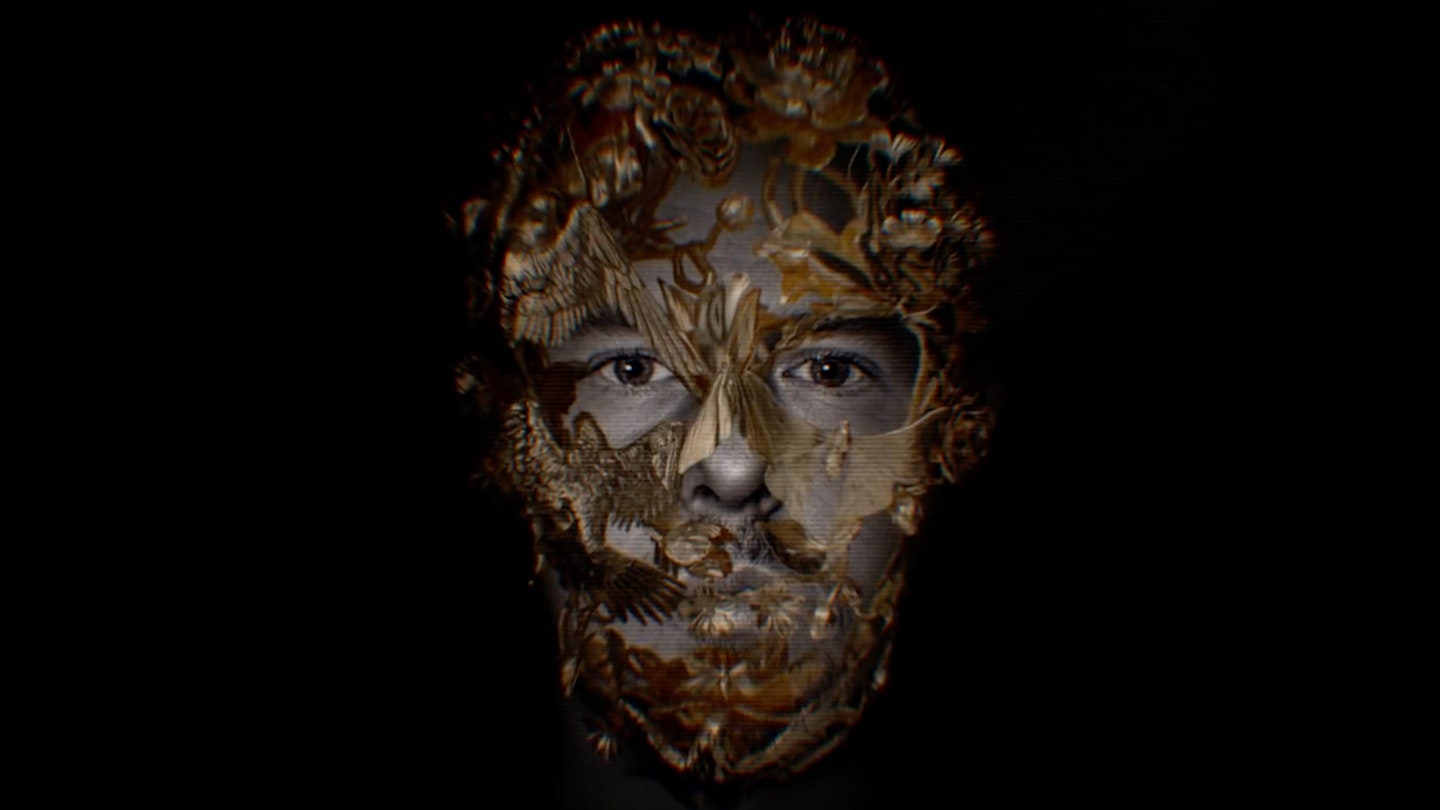Fashion, as an industry, is easy to mock. And it’s not just easy, it’s fun — but every now and then, it will throw somebody out who’s a bona fide artist.
Lee McQueen, who used his middle name in his branding to sound posher, was just such an artist. If you don’t know much about him, this doc is well worth a look just as a handy one-stop shop for footage of his major shows. And what shows they were: from robots spray-painting models to catwalks set in padded cells to recreations of Atlantis, you’re never more than a few minutes from a visual marvel. McQueen had a dark, gothic aesthetic that transfers to film well — given the drama of these shows, perhaps Tom Ford was the wrong fashionista to move into directing.
It's McQueen's genius that makes this film so compelling.
McQueen’s meteoric rise is documented methodically, with a wealth of footage unearthed. If nothing else, this is a fascinating artefact of a 1990s that feels very far away. McQueen cheerily admitted to still being on benefits in the early years of his brand (he had to hide his face during an interview on The Clothes Show), and was one of a vanishingly small number of working-class presences in fashion: his rise was unlikely then, but it would be all but impossible now.
The cultural confidence around ’90s Britain feels like a very different time, too. McQueen was fashion’s answer to the YBAs and Britpop, and was a part of what made London then so blisteringly exciting — before the city became a victim of its own success. Anybody nostalgic for the period will find that urge well served here.
However, the film’s second half, where McQueen is a millionaire who is visibly working himself half to death, isn’t quite so thorough. With the yo-yo dieting, plastic surgery and coke problem, he clearly isn’t well for much of it, but the fashion industry’s ruthlessness is only really gestured towards in the section on how McQueen’s mentor Isabella Blow was cast aside before her eventual suicide.
How many people were making money from this mental health disaster zone? Who could have helped, but didn’t want to rock the boat? These questions, along with the psychology that produced both McQueen’s art and the disease that killed him, are picked up briefly but cast aside. McQueen was an endlessly fascinating man, and it’s his genius that makes this film so compelling.

